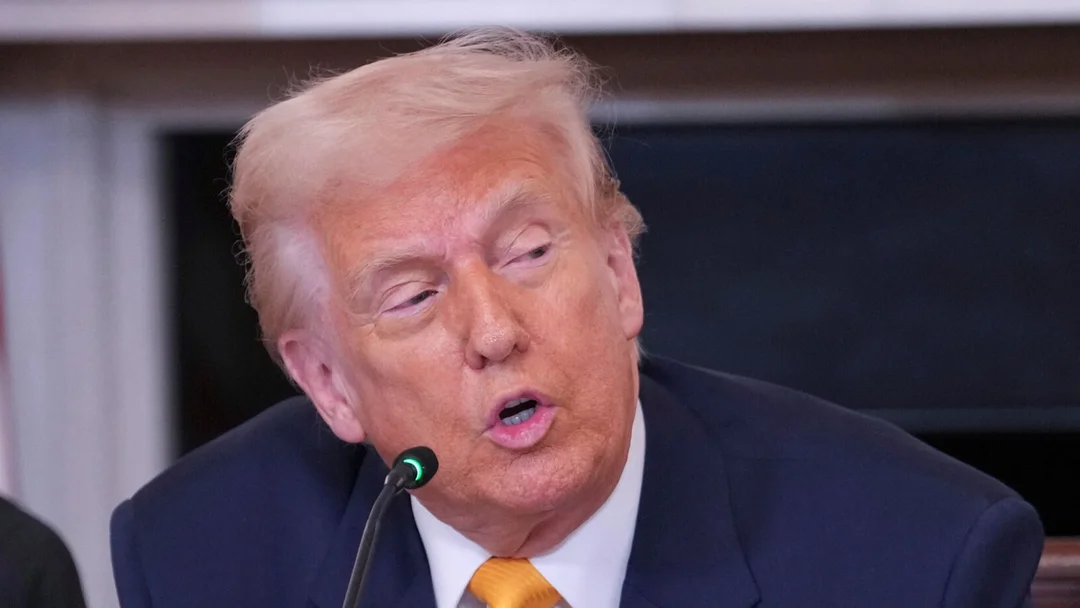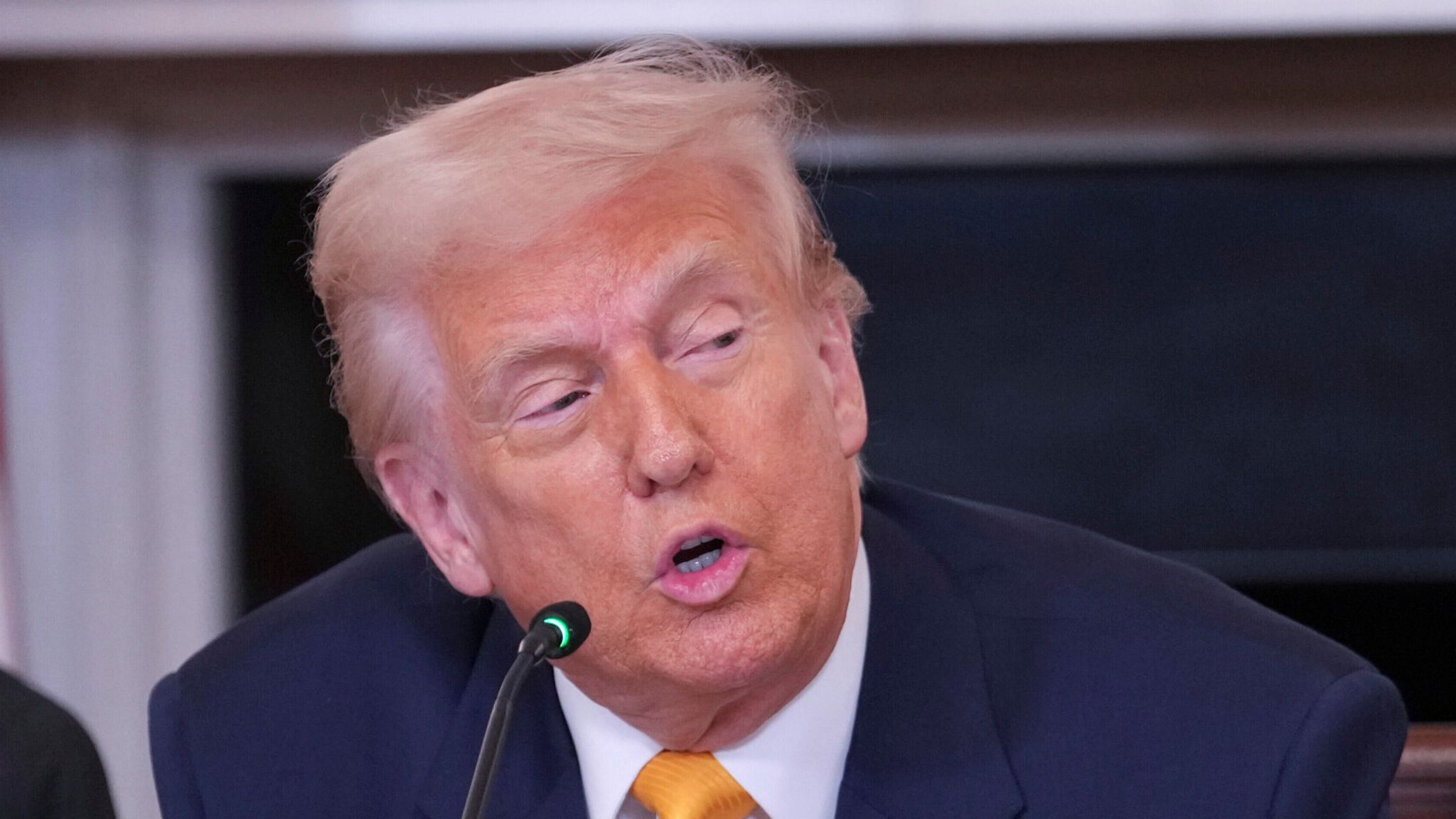
Trump’s Tariffs Stir Recession Fears in U.S. Bond Market
Recent developments in the U.S. bond market have heightened fears of a looming recession, largely attributed to former President Donald Trump's tariff policies. Analysts from Fortune, Bloomberg, and The New Yorker have highlighted a significant rise in Treasury yields, signaling increased investor caution about the country's economic future. The imposition of tariffs, which has been a hallmark of Trump's economic strategy, is seen as a direct contributor to these concerns.
Bloomberg reports a notable increase in U.S. credit risk, exacerbated by not only the tariffs but also widespread job cuts across various sectors. The uncertainty stemming from these trade policies has led to market volatility, with investors increasingly worried about a potential economic downturn. Sky News attempted to seek clarity from Trump on the recession question, but he dodged the issue, further fueling market unrest.
The New Yorker delves into how 'Trumpian uncertainty' might knock the economy into a recession, emphasizing the indirect effects of policy unpredictability on investor confidence and economic stability. As the bond market continues to react, the broader implications of these tariffs and the resultant trade war remain a dominant concern for global markets.
Detailed
Related issues news
Is the US going into a recession?
Various experts, utilizing several key financial indicators, are stating that the odds of a recession in the United States may be getting higher. According to Bloomberg, U.S. consumer confidence has dropped this month the most since August 2021, with recession fears on the rise.
Is the White House trying to engineer a recession? This Wall Street Pro explains the vision.?
He said President Donald Trump and his administration need an engineered recession to cause a growth slowdown and disinflation that will translate into Fed rate cuts and a meaningfully weaker U.S. dollar for the next phase of his economic agenda.
What will a recession do?
What happens in a recession? During periods of recession, companies make fewer sales, and economic growth stalls or becomes nonexistent.



